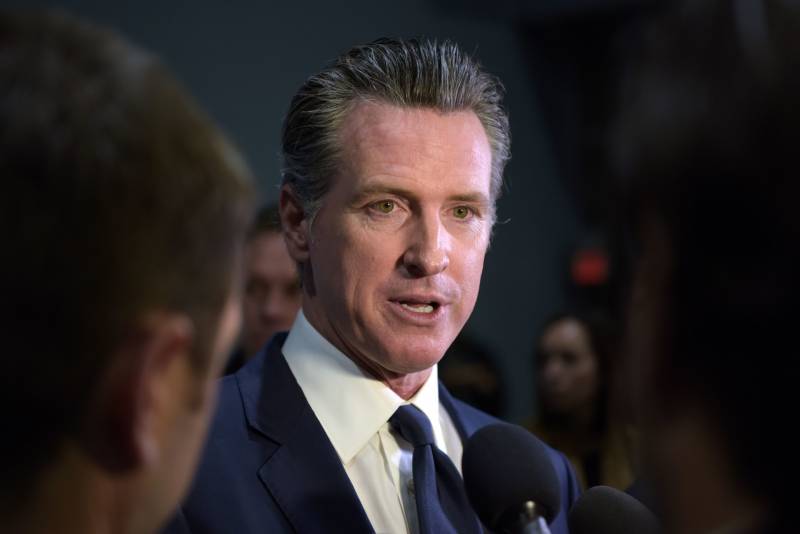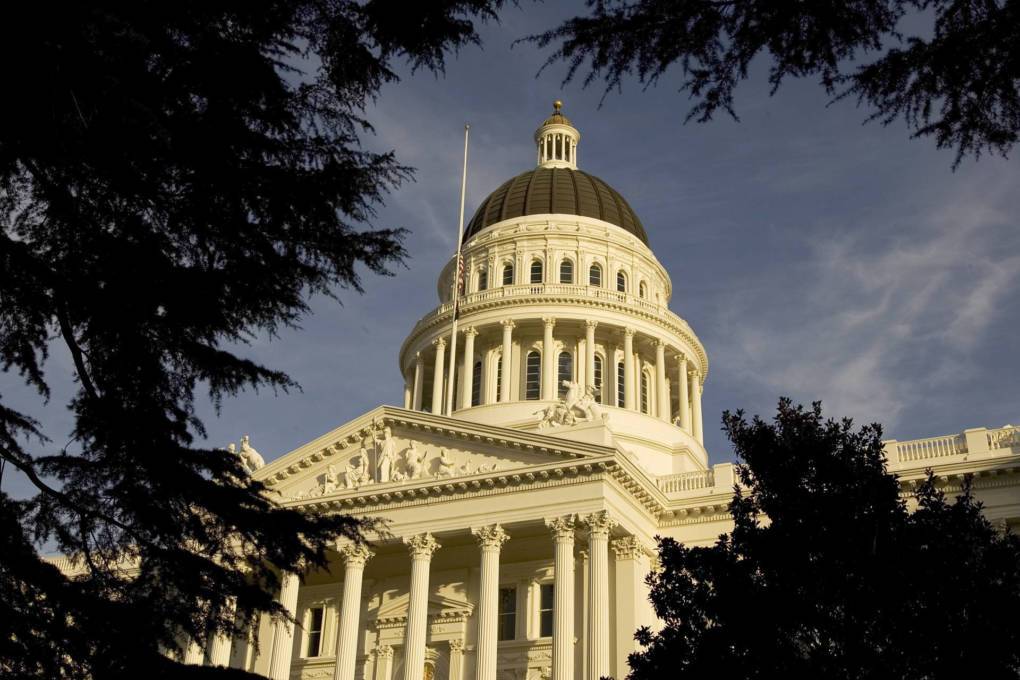Newsom proposed to fill that hole through a combination of cuts, tax increases, canceled spending, internal borrowing and tapping state reserves. He also proposed a 10% pay cut for all state workers, including himself.
“Nothing breaks my heart more than having to make budget cuts,” he said. “There’s a human being behind every single number.”
Under Newsom's proposal, K-12 education would take a major hit, with a $6.9 billion reduction in general fund dollars, a 12% decrease from last year. Newsom said he aimed to soften the blow with around $6 billion in federal CARES Act (Coronavirus Aid, Relief, and Economic Security) funding, in part to address "learning loss" from COVID-19 related school closures.
Newsom also called on the federal government to step up and help support the states, saying Congress and the Trump administration have a "moral, ethical and economic obligation to help support the states" by supporting the so-called HEROES (Health and Economic Recovery Omnibus Emergency Solutions) Act proposed by House Speaker Nancy Pelosi.
"Help support America and Americans. The HEROES Act is the best approach," he said.
"As someone who came to the Legislature while California was still struggling in the Great Recession, I know how important it is during this current budget emergency that we build on lessons learned and avoid mistakes of the past," said state Senate President Pro Tem Toni Atkins, D-San Diego. She said the governor's revised budget presented "a challenging path ahead — but a path made more manageable by the decade of responsible budgeting and sound fiscal practices we put in place."
State Sen. Pat Bates, R-Laguna Niguel, said she approves of the governor's focus on public health, public safety and education. But she criticized his reliance on federal money.
“While additional federal assistance can help cover some of the deficit, expecting Uncle Sam to come to the rescue is wishful thinking," Bates said.
The plan is a first crack at dealing with a more than $54 billion, two-year deficit the governor's Department of Finance is projecting. The Legislature must pass the 2020-21 budget by June 15 to meet a constitutional deadline, but will likely have to revise it again after income tax revenues are paid in mid-July. The greatest share of state revenue comes from personal income taxes.

